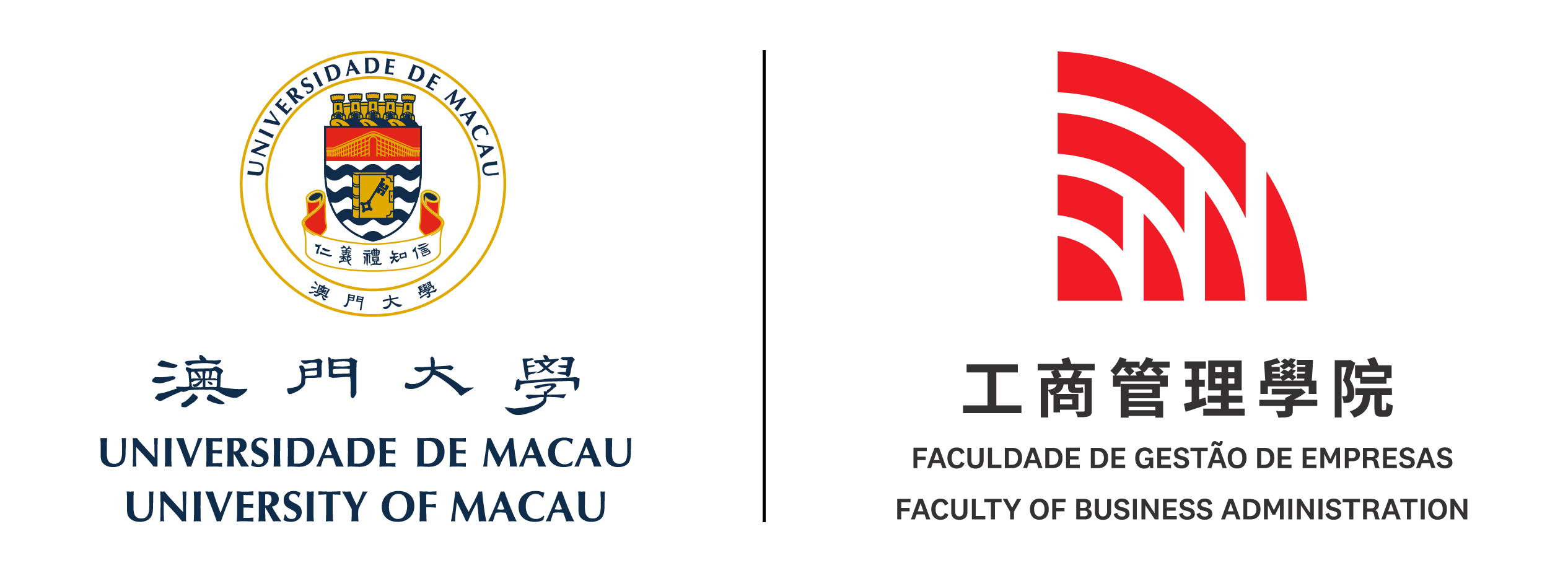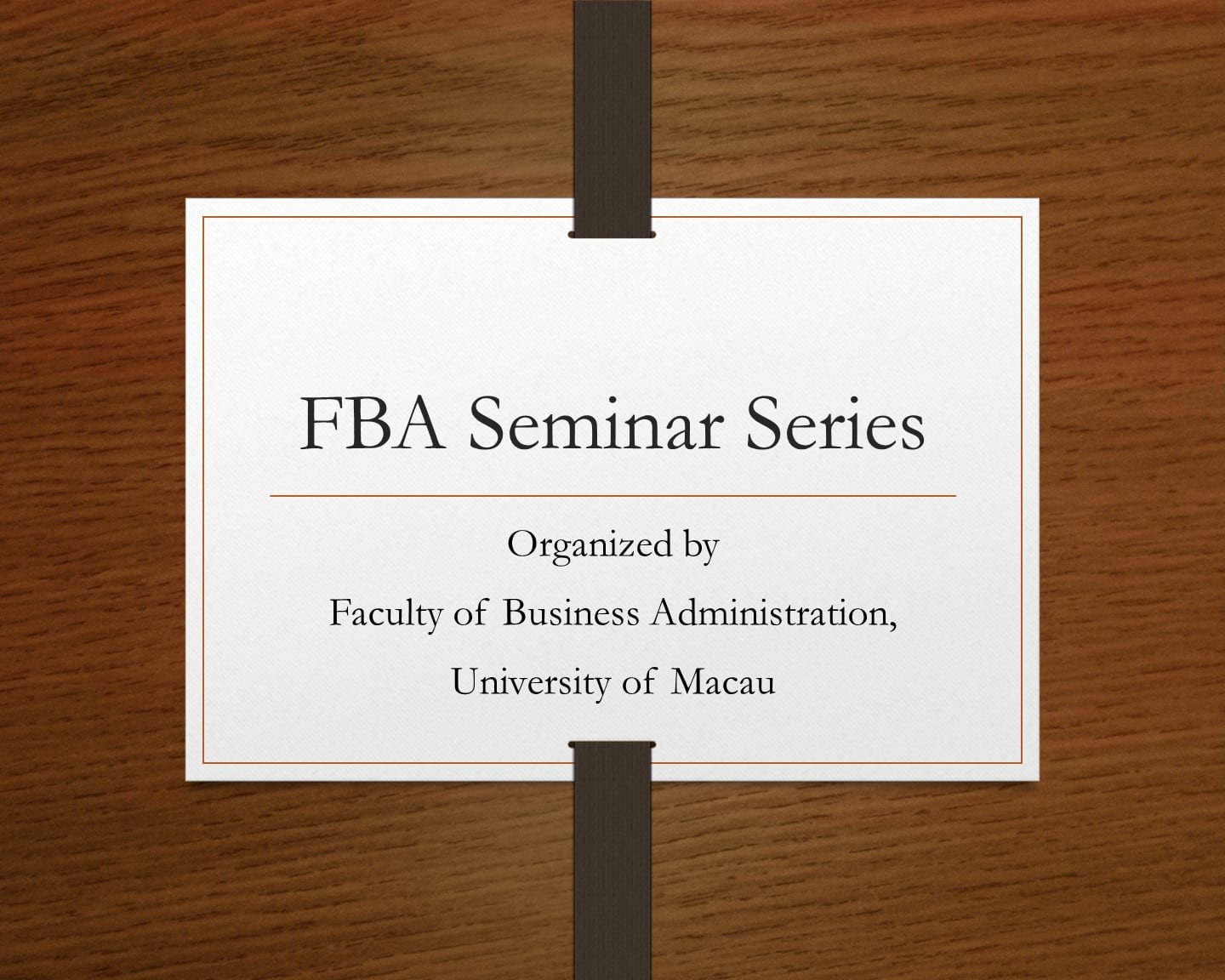Faculty of Business Administration
Copycats: how smart companies use imitation to gain a strategic edge
Xiaoming Huo
Georgia Institute of Technology
Abstract
Inference (aka predictive modeling) is in the core of many data science problems. Traditional approaches could be either statistically or computationally efficient, however not necessarily both. The existing principles in deriving these models – such as the maximal likelihood estimation principle – may have been developed decades ago, and do not take into account the new aspects of the data, such as their large volume, variety, velocity and veracity. On the other hand, many existing empirical algorithms are doing extremely well in a wide spectrum of applications, such as the deep learning framework; however they do not have the theoretical guarantee like these classical methods. We aim to develop new algorithms that are both computationally efficient and statistically optimal. Such a work is fundamental in nature, however will have significant impacts in all data science problems that one may encounter in the society. Following the aforementioned spirit, I will describe a set of my past and current projects including L1-based relaxation, fast nonlinear correlation, optimality of detectability, and nonconvex regularization. All of them integrates statistical and computational considerations to develop data analysis tools.
Date: Jun 12, 2019 (Wednesday)
Time: 15:30~16:30
Venue: E22-2010
Biography
Xiaoming Huo is an A. Russell Chandler III Professor at the Stewart School of Industrial & Systems Engineering at Georgia Tech. Huo received a Ph.D. degree in statistics from Stanford University, Stanford, CA, in 1999. In August 1999, he joined the School of Industrial and Systems Engineering, Georgia Institute of Technology, Atlanta, GA, USA, where he advanced through the ranks and became a chair professor. From 2013 to 2015, he was a program director at the National Science Foundation, managing data science related programs. He is the director of the Transdisciplinary Research Institute for Advancing Data Science at Georgia Institute of Technology (https://triad.gatech.edu/). He is a fellow of the American Statistical Association and a senior member of the IEEE.
Huo’s research interests include statistics and data science. He has made numerous contributions on topics such as sparse representation, wavelets, and statistical detectability. His papers appeared in top journals, and some of them are highly cited.
Huo won the Georgia Tech’s Sigma Xi Young Faculty Award in 2005. His work has led to an interview by Emerging Research Fronts in June 2006 in the field of Mathematics — every two months, one paper is selected. He participated in the 30th International Mathematical Olympiad (IMO), which was held in Braunschweig, Germany, in 1989, and received a golden prize.
ALL ARE WELCOME!


